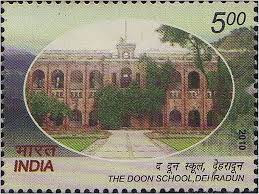World Suicide Prevention Day is observed annually on September 10th. It is a global awareness day dedicated to raising awareness about suicide, its causes, prevention, and providing support to those affected by it. The day is a part of efforts to address the alarming rates of suicide worldwide and to promote mental health and well-being.
Key objectives and activities associated with World Suicide Prevention Day include:
Awareness Campaigns: Various organizations, mental health institutions, and community groups conduct awareness campaigns to educate the public about the signs of suicide, risk factors, and available support services.
Promotion of Mental Health: Efforts are made to reduce the stigma surrounding mental health issues and encourage open conversations about mental well-being. Encouraging people to seek help for mental health concerns is a vital aspect of suicide prevention.
Support for Those Affected: On this day, support groups and mental health organizations offer resources, counseling, and assistance to individuals who have lost loved ones to suicide or those struggling with suicidal thoughts.
Training Programs: Mental health professionals often provide training sessions on suicide prevention and intervention techniques to equip individuals and communities with the skills to help those in crisis.
Community Activities: Many communities organize events, walks, seminars, and workshops aimed at fostering a sense of community and promoting mental health and suicide prevention.
Global Collaboration: Suicide prevention is a global issue, and World Suicide Prevention Day serves as a platform for countries and organizations worldwide to collaborate, share information, and develop strategies to reduce suicide rates.
The theme for World Suicide Prevention Day varies each year, highlighting different aspects of suicide prevention and mental health awareness. This day plays a crucial role in reducing the stigma associated with mental health issues and suicide, encouraging early intervention, and saving lives through increased awareness and support.
It is important to remember that suicide prevention is not limited to a single day but requires ongoing efforts, support systems, and community engagement to address the complex factors contributing to suicide and to provide help to those in need throughout the year.









